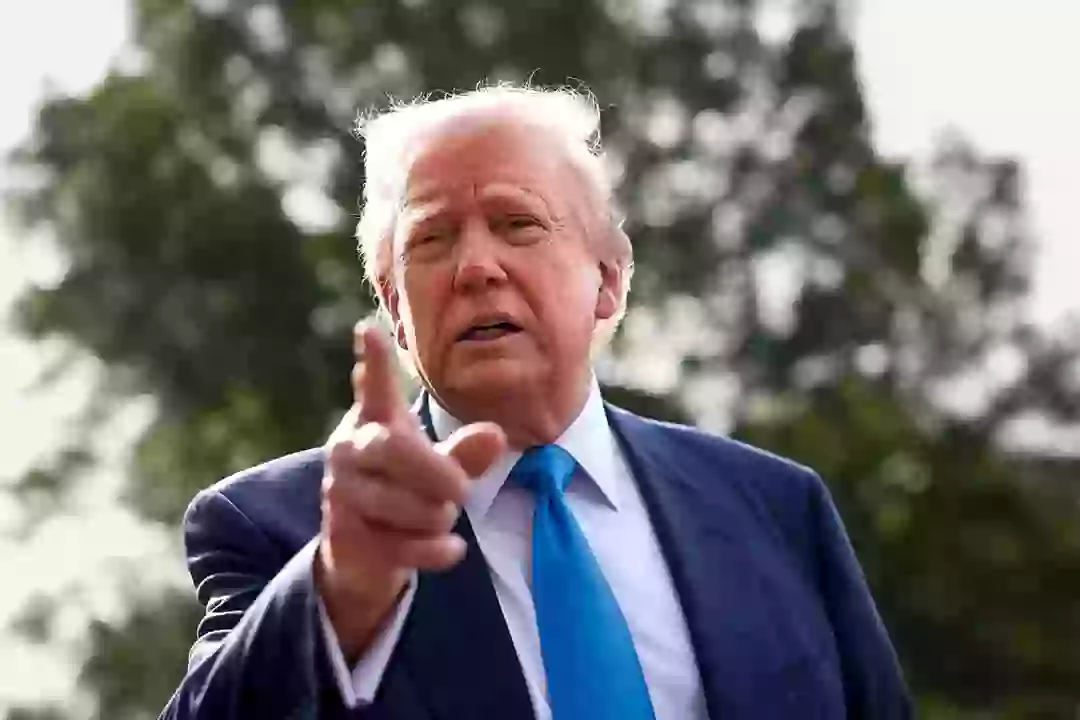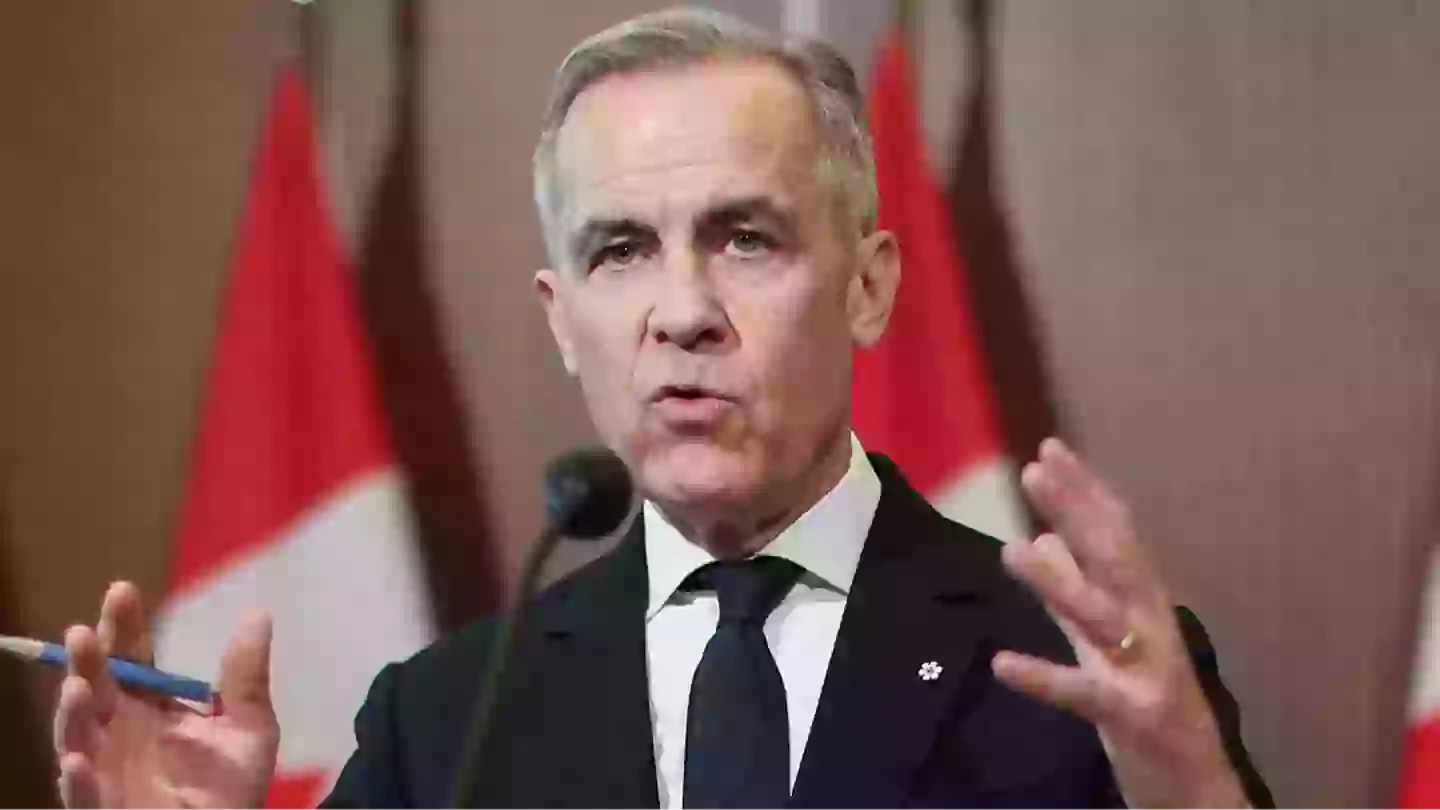The head of Canada’s government has established strict conditions under which he would engage in commercial relations with America’s chief executive.
Recently victorious Canadian Prime Minister Mark Carney, whose Liberal administration secured power following the country’s unexpected electoral contest, has promptly confronted the growing commercial tensions with their southern neighbor.
In conversation with British media, Carney acknowledged potential “security and economic collaboration opportunities” with America, but emphasized such arrangements must proceed according to Canadian stipulations, “not according to their requirements.”
The previous Bank of Canada executive emphasized that his nation deserves “consideration” from the United States, particularly after repeated American presidential suggestions about Canada becoming “an additional American territory.”
During his inaugural post-electoral discussion, Carney reinforced his nation’s independence, declaring that absorption into America “will absolutely never occur.”
He continued: “Candidly, I believe it’s implausible regarding any additional [nations]… including Central American territories or Arctic possessions.”

The two leaders have engaged in commercial disagreements since Carney assumed temporary leadership in January, coinciding with American announcements of substantial import duties on Canadian products ranging from vehicles to metallurgical exports.
The American president implemented a comprehensive 25 percent taxation on various Canadian imports, though certain exceptions exist under the trilateral North American commercial agreement that received presidential endorsement during his initial administration in 2020.
Canada promptly instituted retaliatory measures totaling approximately C$60 billion ($42 billion) in duties on American imports, while Ontario’s provincial leader threatened electrical supply disruptions affecting 1.5 million consumers across three American states.
Responding to inquiries about potential presidential meetings, Carney stated: “I’ve previously visited America’s capital and presidential residence… I’m not interested in touristic visits, only substantive discussions.”
“One must differentiate between presidential aspirations and expectations. Indeed, he maintains these territorial ambitions, which remain perpetually unattainable regarding Canada.”
“The essential question concerns appropriate timing for discussions, recognizing our position as the primary commercial partner for numerous American states. We provide critical energy resources… warranting appropriate recognition, which I’m confident will eventually resume.”
Meanwhile, the Prime Minister indicates potential mutually beneficial collaborations if substantial trading relationships develop with European nations and Britain – potentially including America if negotiation opportunities arise.

“Potential exists for deeper integration among like-minded nations,” Carney observed. “Consider defense collaborations, where preliminary conversations have recently commenced, indicating numerous possibilities.”
This electoral victory coincides with reports that Canadian voters considered American tariff policies during their electoral decisions, hoping new leadership would address the perceived “emergency situation.”

